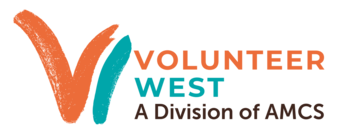Ongoing learning
It is the ongoing responsibility of the organisation to ensure volunteers have the skills and knowledge to perform their roles and this is achieved through regular training. Training enhances the quality of volunteer programs and helps volunteers to feel motivated, supported and valued.
After the interviews and induction have identified your volunteers’ skill sets, you will need to provide initial training for them. This will instruct volunteers how to undertake the tasks expected of them in their roles. From there you can structure training to suit the individual needs of a volunteers.
How you approach this is guided by several factors:
The conversations you had during recruitment and induction about what motivated the volunteer to apply for the role.
The volunteers current skillset.
The feedback given during your regular check ins with a volunteer.
Be flexible with your delivery. People learn in different ways so try to incorporate a mix of verbal, written, visual and hands-on exercises. Multicultural Volunteers are especially suited to visual learning as there is less of a language barrier to overcome. Also consider the size of the training group – those who don’t have confidence in their English may be uncomfortable contributing when a lot of people are present. Utilise smaller groups and one-on-one sessions if this is the case.
-
TIP – Peak Bodies and Volunteer Resource Centres provide a range of training that may be suitable for your volunteers
Continue to be mindful of the information in Practicing Cultural Inclusion, paying particular attention to using simple English during training and providing translated materials to volunteers.
Ongoing learning isn’t just confined to your volunteers. You also need to be learning about them and their culture in order to best support them. Head to the Respectful Learning section for more information.

